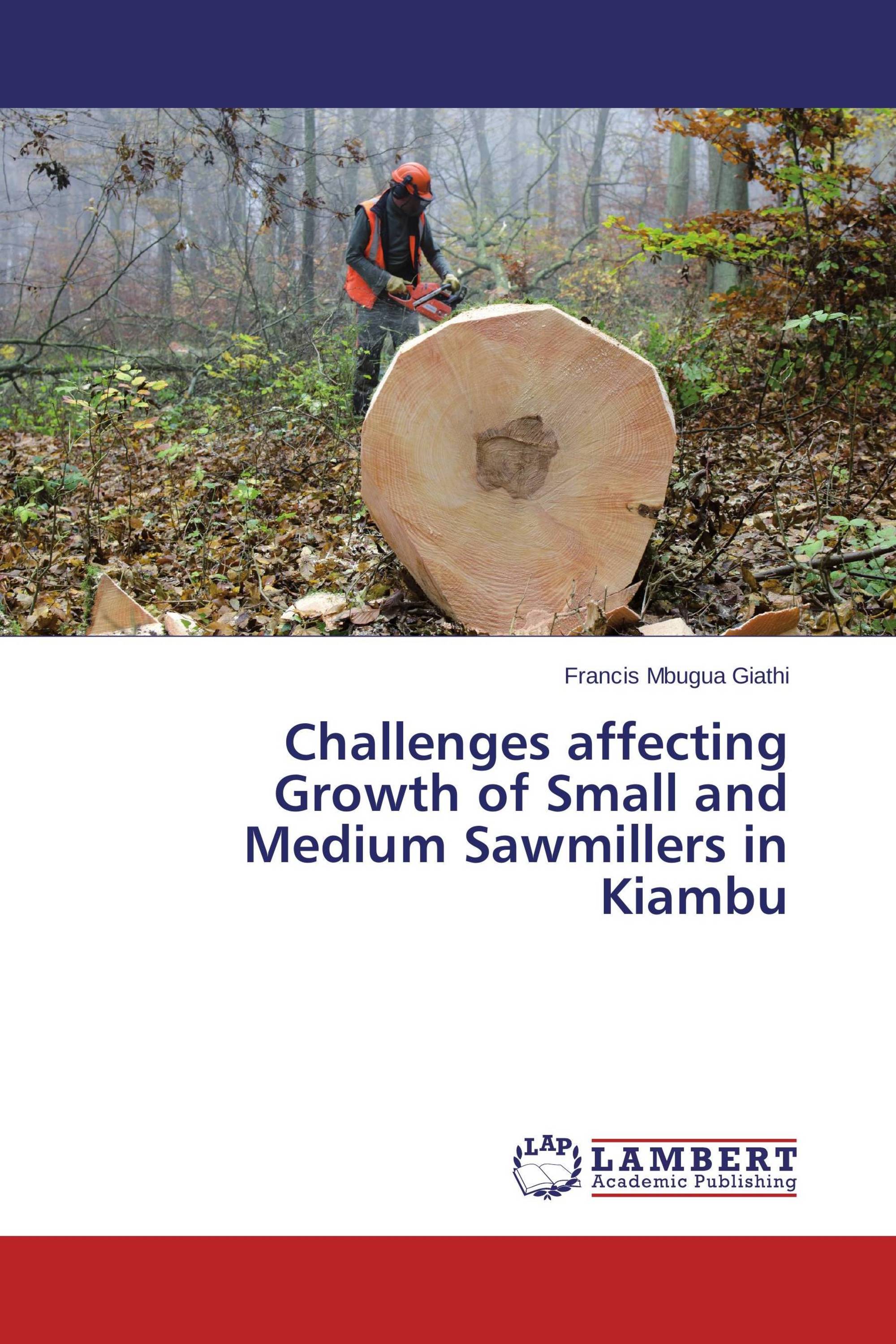Entrepreneurs in the lumber industry have encountered many hardships. This phenomenon has been particularly observed in Third World countries where basic resources necessary for success, namely, investment capital, raw materials and competent manpower, both in the manufacturing process and marketing, have been difficult to secure. The 2012 annual report by the Kenya Forest Services shows that there were 633 licensed sawmills nationally. Of this total, 603, or 95.26%, were categorized as small and medium scale. The problems of these entrepreneurs were compounded in 1999 when harvesting of raw materials from Government forests was banned. As a result, employment in the industry dropped from about 50,000 direct jobs to less than 20,000 jobs and approximately 180,000 loss of indirect jobs. This study concludes that bank interest rates for loans should be regulated; information technology lowers operating costs; personnel should be properly trained and appropriate plant machinery is imperative. This book will assist college students and university lecturers in the field. The book will also be useful to Government planners, when preparing sustainable programmes.
Book Details: |
|
|
ISBN-13: |
978-3-659-76846-0 |
|
ISBN-10: |
3659768464 |
|
EAN: |
9783659768460 |
|
Book language: |
English |
|
By (author) : |
Francis Mbugua Giathi |
|
Number of pages: |
108 |
|
Published on: |
2015-08-19 |
|
Category: |
Agriculture, horticulture, forestry, fishery, nutrition |
